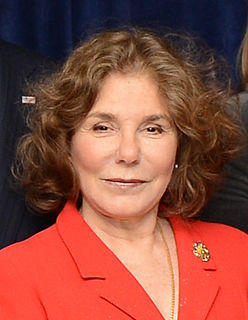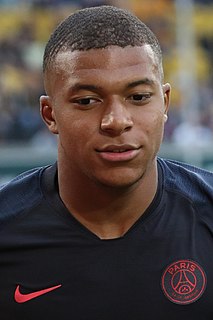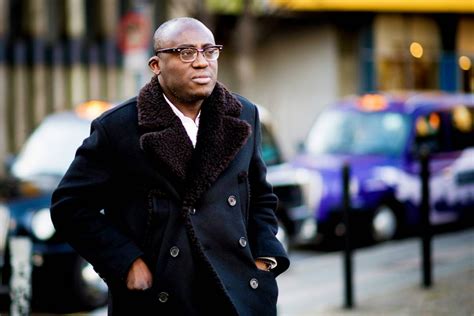A Quote by Teresa Heinz
My roots are African. The birds I remember, the fruits I ate, the trees I climbed, they're African.
Related Quotes
One of the things that made the Black Muslim movement grow was its emphasis upon things African. This was the secret to the growth of the Black Muslim movement. African blood, African origin, African culture, African ties. And you'd be surprised - we discovered that deep within the subconscious of the black man in this country, he is still more African than he is American.
Michael Jackson fundamentally altered the terms of the debate about African American music. Remember, he was a chocolate, cherubic-faced genius with an African American halo. He had an Afro halo. He was a kid who was capable of embodying all of the high possibilities and the deep griefs that besieged the African American psyche.
Writing has always been a serious business for me. I felt it was a moral obligation. A major concern of the time was the absence of the African voice. Being part of that dialogue meant not only sitting at the table but effectively telling the African story from an African perspective - in full earshot of the world.
We know that the African regimes, many African regimes have failed their people and many Africans want regime change, and there are a lot of African leaders who make promises but don't carry them out. I mean, the progress - I mean, it is noble for the rich countries to help Africa, but then the question is: What are African leaders themselves doing to help their own people?



































